Sultan Abdülaziz
Sultan Abdülaziz (1830–1876) was the 32nd Sultan of the Ottoman Empire, reigning from 1861 until his deposition in 1876. Born in Constantinople (modern-day Istanbul), he was the son of Sultan Mahmud II. Abdülaziz ascended to the throne following the death of his brother, Sultan Abdülmecid I.
During his reign, Abdülaziz attempted to modernize the Ottoman Empire through a series of reforms, particularly in the military, economy, and infrastructure. He sought to strengthen the empire by introducing new technologies and encouraging European-style reforms. Under his leadership, the Ottoman Empire began to modernize its navy, railways, and telecommunication systems. He also made efforts to improve education and the legal system, although many of these reforms faced resistance from conservative factions within the empire.
Abdülaziz’s reign, however, was marked by financial difficulties, as the empire struggled with mounting debt and economic instability. His attempts to secure loans from European powers further weakened the empire's sovereignty and increased foreign influence. In 1876, after a period of political unrest and dissatisfaction with his rule, Abdülaziz was deposed by a coup orchestrated by members of the royal family and the military.
He was replaced by his nephew, Sultan Murad V. After his deposition, Abdülaziz was placed under house arrest and later found dead in what appeared to be a suicide, though there were suspicions of foul play. His death and the events surrounding his deposition are still subjects of historical debate.
Despite the challenges of his reign, Abdülaziz's efforts to modernize the Ottoman Empire laid the groundwork for future reforms, and his reign is often viewed as a period of significant change in Ottoman history.
Comments
Contributed by

OldPik
January 7, 2024
Source
External link to sourceHave old photos?
Share your historical photographs and help preserve our collective memory.
Upload pictures

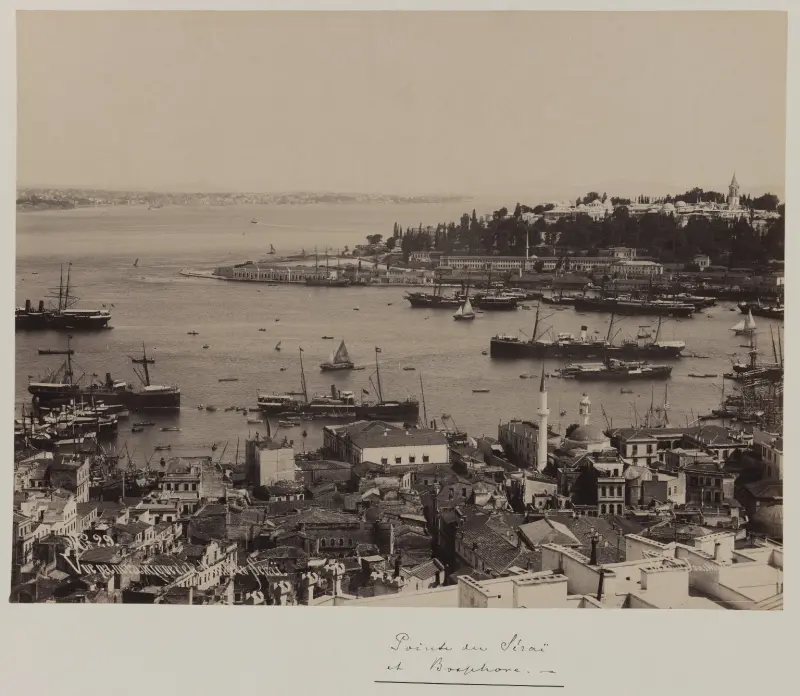



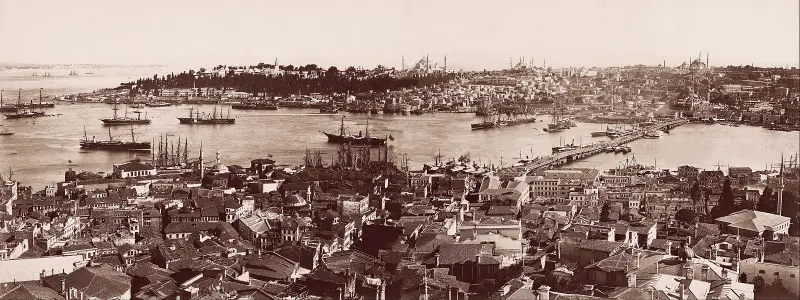
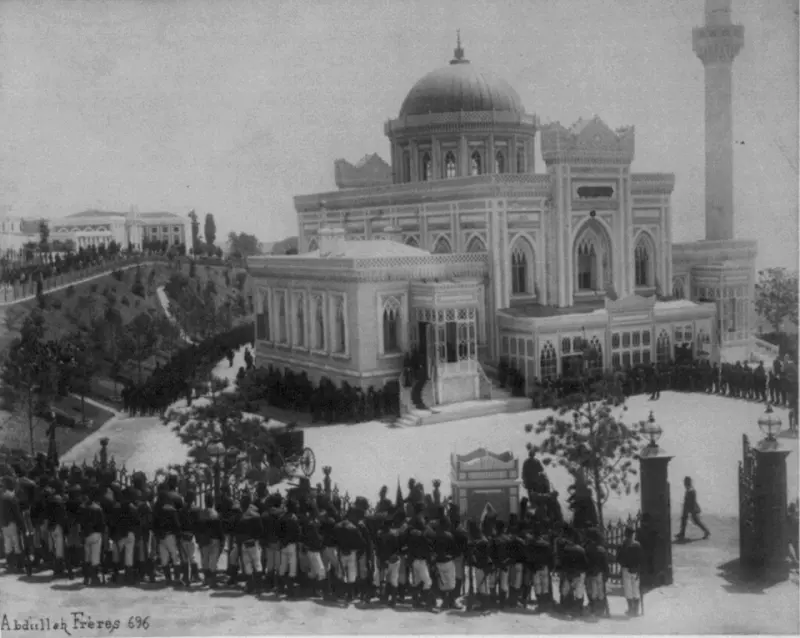


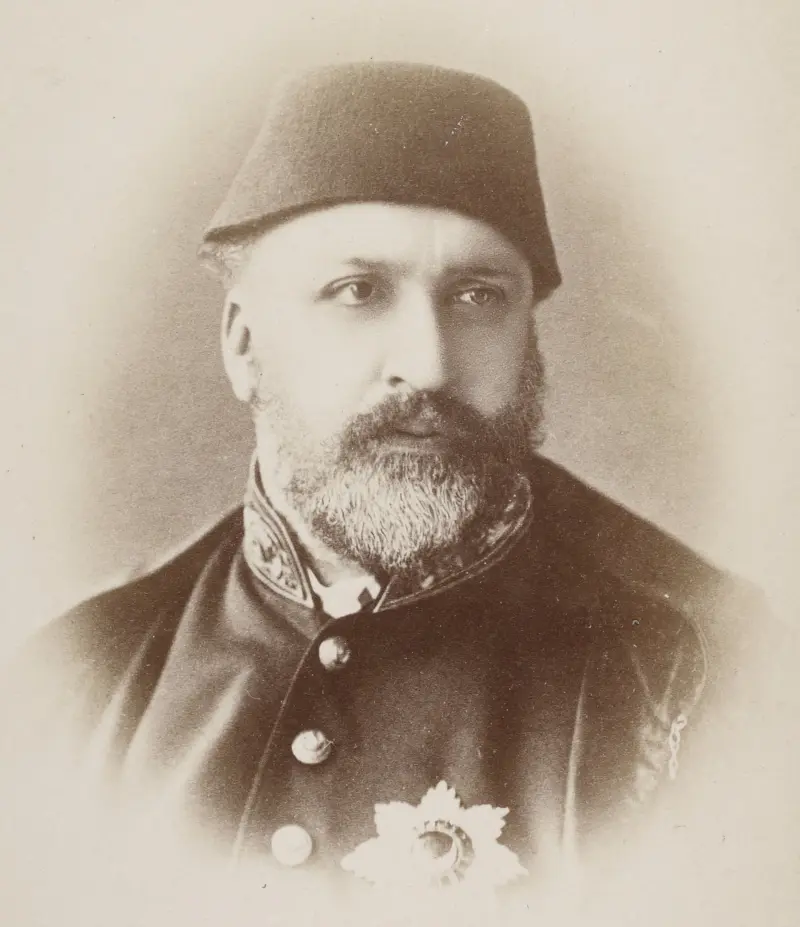

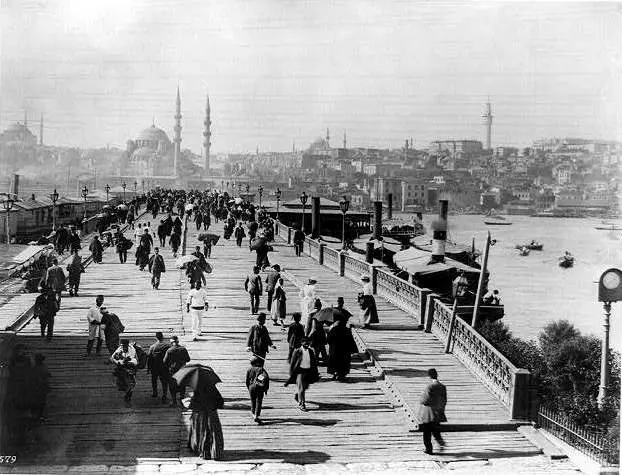

No comment yet, be the first to comment...